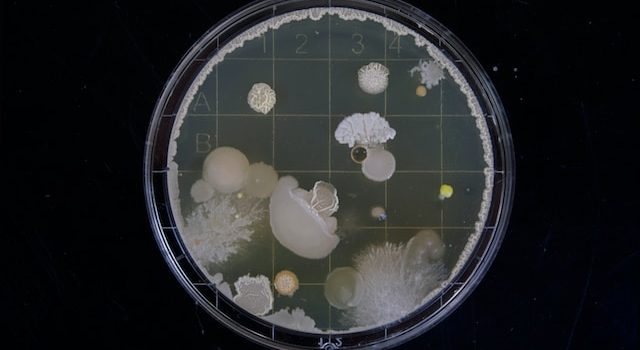
In a shocking exposé that has rocked the academic world, the dark underbelly of academic publishing has been revealed with the unveiling of the science scam. This eye-opening revelation exposes a web of deception, fraudulent research, and predatory practices that threaten the credibility and integrity of the scholarly publishing ecosystem.
Academic publishing has long been regarded as the cornerstone of knowledge dissemination, a trusted avenue for researchers to share their findings and contribute to the advancement of science. However, a recent investigation into the industry has brought to light the disturbing truth behind the scenes, where unethical conduct and compromised scientific integrity are distressingly common.
At the heart of the science scam lies the pervasive presence of fraudulent research. Under immense pressure to produce groundbreaking results and secure funding, some researchers have succumbed to the temptation of cutting corners, manipulating data, or even fabricating entire studies. This alarming behavior not only undermines the essence of scientific inquiry but also jeopardizes the trust placed in academic research and its potential impact on society.
Equally alarming is the rise of predatory publishing, an exploitative practice that preys on the aspirations of researchers. Predatory publishers, operating on a pay-to-publish model, often lure unsuspecting academics with promises of quick publication and wider exposure. However, these unscrupulous entities often bypass the rigorous peer review process, leading to the proliferation of low-quality or even fraudulent research in academic journals. This not only dilutes the credibility of the scientific literature but also places the burden of discernment on readers who may unknowingly rely on inaccurate or unreliable information.
The consequences of the science scam are profound and far-reaching. Misleading or falsified research findings can have severe repercussions, influencing policy decisions, public health initiatives, and scientific progress itself. Furthermore, the erosion of trust in academic publishing undermines the collaborative nature of scientific discovery and impedes the potential for meaningful advancements in various fields.
To address this pressing issue, concerted efforts are needed to restore integrity to academic publishing. Strengthening the peer review process and enhancing editorial standards are crucial steps in ensuring the accuracy and reliability of published research. Journals must prioritize transparency, rigorous evaluation, and accountability to weed out fraudulent or low-quality submissions. Additionally, the development of tools and resources to assist researchers in identifying reputable journals and navigating the publishing landscape is essential in preventing unwitting participation in predatory practices.
Institutions also play a vital role in combating the science scam. By establishing clear guidelines and promoting research ethics, they can create a culture that fosters responsible conduct and discourages fraudulent practices. Providing education and support to researchers on the nuances of academic publishing, including how to identify predatory publishers and navigate ethical dilemmas, is crucial in empowering them to make informed choices and safeguard their work.
Furthermore, collaboration between researchers, institutions, publishers, and funding bodies is necessary to effect meaningful change. Efforts should be directed toward raising awareness, sharing best practices, and developing industry-wide standards to ensure the integrity of academic publishing. Funding agencies can incentivize research transparency and reproducibility, encouraging researchers to prioritize the pursuit of knowledge over publication metrics.
The revelation of the science scam serves as a sobering reminder that the academic publishing industry is not immune to unethical practices and exploitation. It calls for a collective commitment to restoring trust, transparency, and integrity to scholarly publishing. Only through a concerted effort can we safeguard the credibility of academic research, nurture scientific progress, and ensure that the pursuit of knowledge remains an unwavering beacon of truth.










